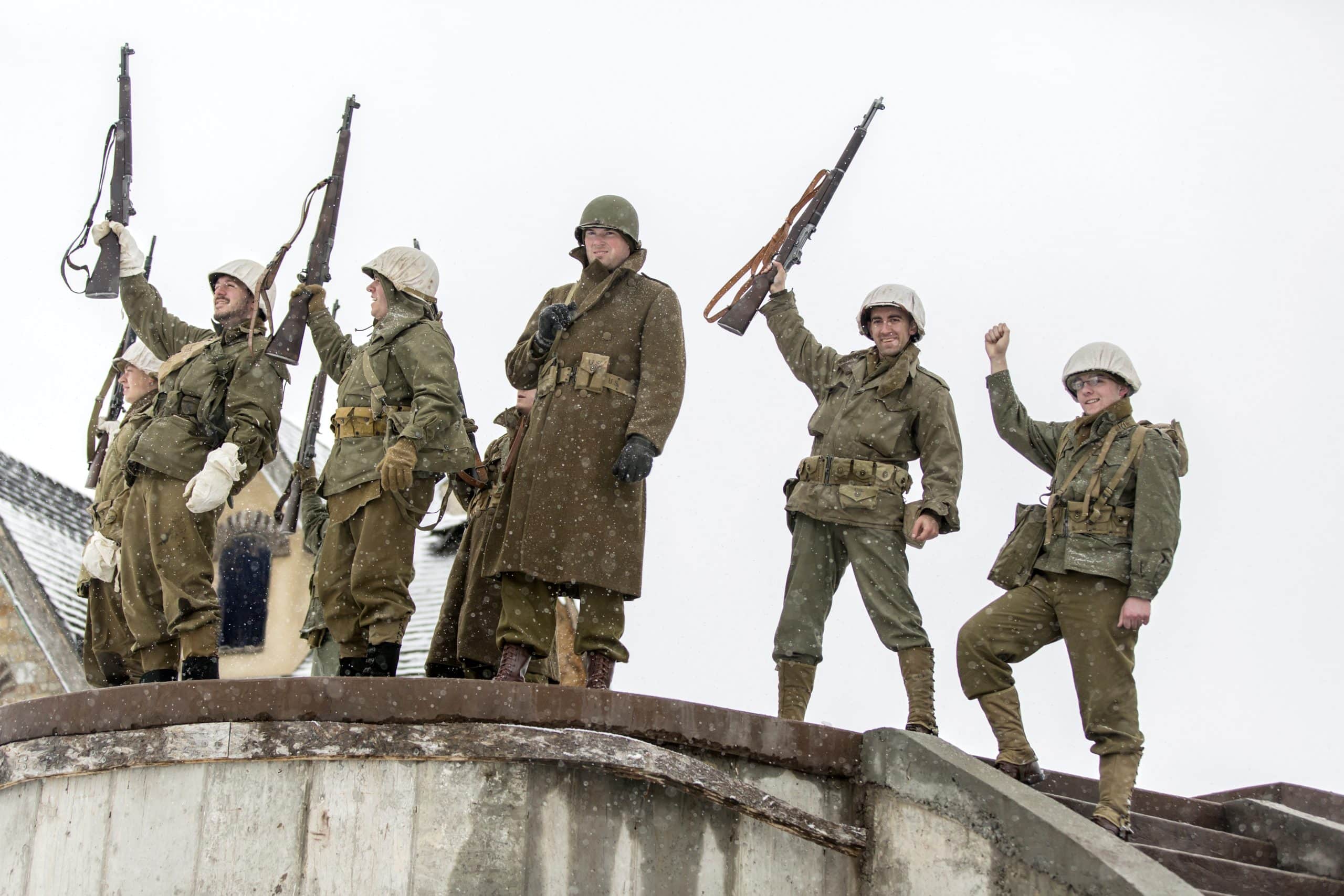fromWorld History Encyclopedia
15 hours agoThe 1918 Battle of the Marne: WWI's Turning Point
The Second Battle of the Marne took place in July and August 1918 and saw Germany's last advance of the Spring Offensive rebuffed by a strong Allied counterattack. With hundreds of thousands of US troops landing in Europe each month and with hundreds of new tanks at their disposal, the Allied divisions - including French, British, US, Italian, Canadian, and Australian troops - pushed the German Army into what became a permanent retreat.
History









